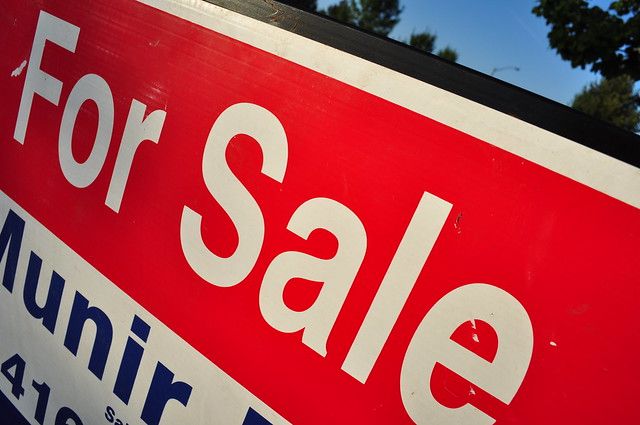Lawyer Talk: Questions About The Contract Of Sale

Telling Tips is a series of articles from local experts to help you save money, make better decisions and plan for a better future.
In New York, there is what seems an almost endless debate between buying and renting a home; between owning a piece of property that you can say is yours, versus paying someone for the privilege of living in theirs.
There are pros and cons to both approaches, but if you’re going to go along with the theory that buying is the best way to spend your money, then you better know what’s in the Contract of Sale. And if you’re going to want to know what’s in the Contract of Sale, you better have a clear understanding with your attorney.
Far too often I find clients are simply ready to sign on the dotted line. If they’re buying a Dyson on Home Shopping, they’re certainly checking out the warranty to see what it covers. But if they’re putting down hundreds of thousands of dollars, many of them simply trust that the lawyer has done what the lawyer should do, and they sign away.
This, my friends, is a terrible mistake. A client should always know (and in my opinion has the responsibility to know) what it is that they’re agreeing to.
“But a lawyer should tell the client what they need to know when they buy real estate,” you say. Granted. Yes. But I find that sometimes clients will feel too intimidated to ask, and it’s to their detriment.
Here are some of the common questions you should ask your attorney if you’re buying some real estate in New York:
How much is my down payment in the Contract?
What you and your broker have negotiated on is one thing. It’s quite another thing to assume that the seller’s attorney has it right on paper. Your “understanding” with the seller will always be trumped by what’s on the Contract, so make sure and double check how much you’re going to be laying down.
When am I closing?
This one paragraph, the closing date, causes more agita for people than you can imagine. Suppose the Contract states that you’re going to close in 60 days. You logically believe that you’re going to be in this new apartment in a few months. But what you sometimes can miss is that it can say “60 days from the time an executed Contract is received by the Purchaser.” In english, if the sellers sit on this contract for three weeks and forget to send it back (it happens much more often than you think), then you’re in trouble and you’re closing just got pushed back by almost a month. Add to that issues around when you lock in your interest rate with the bank and this paragraph can cause more headaches than you know. Really ask your attorney, “When does the Contract say we’ll close? What are the possibilities of this changing? What are my responsibilities here?” Having a good idea on when you can “expect” to close can mean the difference between knowing when to call the movers or arguments about why you can’t call the movers yet.
How much money do I have to bring to the closing?
Lawyers will scoff at this question sometimes, but it’s hugely important and should be discussed. They scoff because they’re lawyers and lawyers scoff ( I love using scoff), but beyond that it’s because much of this is determined by your bank and the fees it charges. Still, we have somewhat of a good idea of how much you’ll be laying out on closing day. It won’t be exact, but, for instance, we know the transfer tax you’ll pay if you’re buying a condo. We know how much you’ll pay if you’re selling a co-operative apartment (it’s called a Flip Tax) and we get this information when we read through the Offering Plan (the Bible of the Co-Op). So, in a way, we have a good sense of what’s going to happen. But you have to ask because you should know. You don’t want to be looking for a second job about a month prior to closing because you just realized your tax hit is going to be in the thousands. And, sure, your mortgage broker should give you this info, but it doesn’t hurt to get some insight from your attorney as well.
There are about 15 other questions to ask, but I don’t want you falling asleep on your keyboard just yet. In my next few blogs we’ll address some of the main issues that occur when these questions aren’t asked and discuss some ways to prevent you from ever being surprised at a closing.
Daniel Gershburg Esq., is a real estate and bankruptcy attorney with offices in Sheepshead Bay and Manhattan. The practice was specifically set up to change the way people view attorneys, by incorporating radical ideas like calling people back quickly, returning emails, giving clients ’round the clock access to their cases and charging low fees. For more information please visit Brooklyn Real Estate Attorney Daniel Gershburg‘s website.



